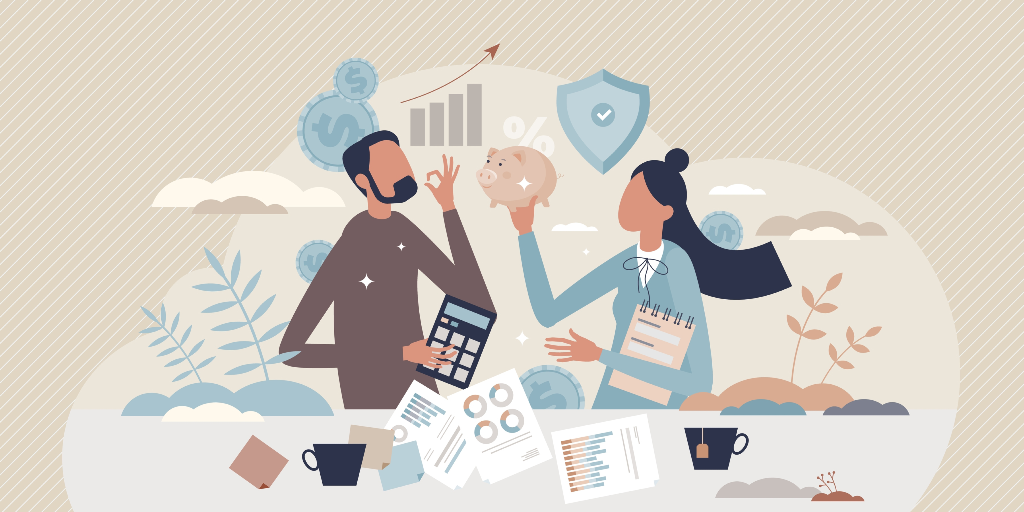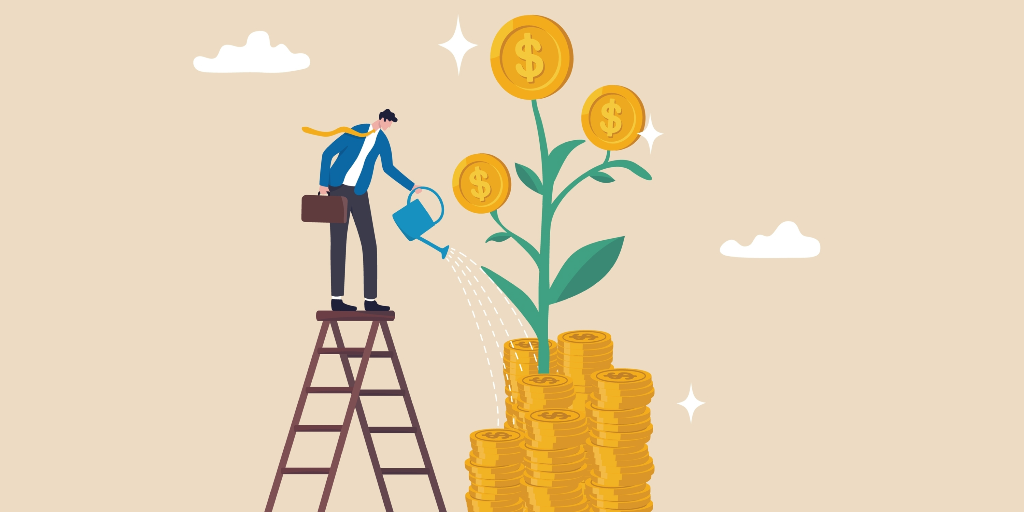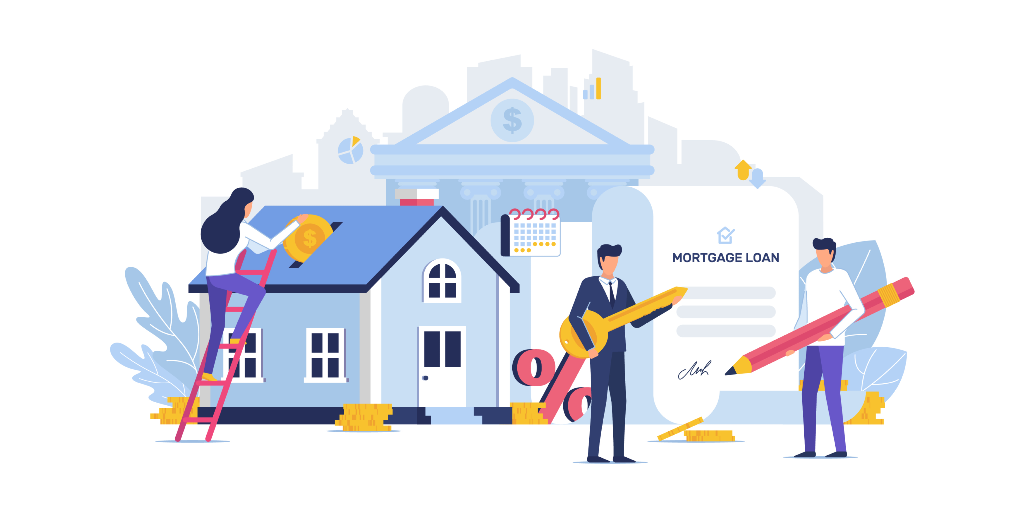4 Types of Personal Assets | CapWay

- Assets are items that provide the owner with financial benefits.
- Financial assets hold significant value and can be converted to cash.
- The opposite of an asset is a liability, which is money that you owe.
Assets are items that hold financial value and essentially put money into your pocket. Personal assets are items that an individual owns. Personal assets can and should provide income for their owners.
The opposite of an asset is a liability, which is money that you owe. If personal assets aren’t managed properly, then they can become a liability. For example, a home is considered an asset due to the hopes that its value will increase over time. However, if a homeowner takes out a loan to buy a home and defaults on the loan, their house will become a liability.
Below are four types of personal assets that individuals can own.
Asset Definition
A personal asset is something that is owned by an individual and can be converted into cash. Personal assets include items such as cash, checking and savings accounts, and real estate.
Recommended Read: The Difference Between Assets and Liabilities
Diversification of Assets
Net worth is calculated by subtracting all liabilities from assets. In simplified terms, it’s what a person owns (assets) minus what they owe (liabilities). If an individual has a positive number, this means they have a positive net worth. On the contrary, if an individual has a negative number, then that means they have debt.
Since the measuring of assets and liabilities are a strong indication of a person’s net worth, it’s a good idea to diversify asset classes. By spreading your wealth across various assets, you can potentially reduce the impact of market volatility and increase your chances of receiving a return.
4 Examples of Personal Assets
1. Cash and cash equivalents
One of the most common types of assets is cash which represents the amount of money a person can use at their disposal. Having cash on hand can refer to the physical cash a person has in their wallet or the digital currency in their bank account (checking and savings account).
However, having cash on hand is not enough to be considered a strong asset due to inflation. Although cash is liquid, meaning you can use it almost at any time, inflation devalues the purchasing power of cash over time.
Cash equivalents are liquid assets which means they can easily be converted to cash. Cash equivalent includes:
- United States government treasury bills
- Bank certificates of deposit
- Bankers' acceptances
- Corporate commercial paper
- Money market instruments
Recommended Read: How to Make Money Moves with a CapWay Debit Card
2. Investment Accounts
Investment accounts are assets and can be tangible or intangible items that are acquired to produce income or held (think of the buy-and-hold investment method) in anticipation of increasing their future value. More specifically, investment asset accounts hold stocks, bonds, mutual funds, and other securities, along with cash. Other investment asset accounts include:
- Brokerage account - Stocks, bonds, and other securities are held in this account.
- Certificates of Deposits (CDs)
- College Savings Account - 529 Plan, Education Savings Account, and Uniform Gift to Minor Accounts (UGMA).
- Retirement Account - 401(k) plans, 403(b) plans, Individual Retirement Accounts (IRAs), and pension plans.
- The Cash Value of Life Insurance Policies

3. Real Estate
One of the more common types of personal assets is real estate. Your real estate can include your primary residence, rental property, commercial property, or land (including any structure that’s attached to the land that you own).
There is a large debate on whether a person’s primary residence is an asset or a liability. Some may say that your primary residence or any form of real estate that you have purchased with a loan isn’t considered an asset due to having to pay the loan off. On average, a homeowner takes 30 years to pay back their mortgage.

Initially, the majority of the property’s ownership resides with the bank. However, if the property value increase on a home and the homeowner has fulfilled the obligations of the loan, then they will be the sole owners of their property, and thus, their house is considered an asset.
Once the property has gone up in value and is fully paid off, many start cash-flowing their primary residence. A few ways that a homeowner can cash-flow their property is by using it as a rental property or renting out a portion of their home.
Recommended Read: Tips for Buying an Investment Property on a Budget
4. Personal Property
Some personal property can be considered assets depending on the value of the item and how it’s used by the owner. A few items that are considered personal property are listed below:
- Boats
- Cars
- Collectibles
- Household furnishings
- Luxury Jewelry
- Sneakers
Personal property, also known as physical assets, includes tangible items like luxury watches. Some physical assets like sneakers are considered great investments because they can be bought and sold for a profit. Also, some personal property can lose its value due to a lack of demand. For example, if you bought an expensive pair of sneakers for $5,000, but no one wants to buy them, you essentially lost $5,000.
It’s equally important to know that personal property can be lost, stolen, or ruined. With all personal property, it’s up to the owner to keep it in great condition to hold its value.
The Money Wrap-Up
Personal assets are important for individuals to have because of the financial benefits. When assets can add money to your pocket, they can increase your net worth. Positive net worth means that you are on the way to building wealth. In doing so, you must try to minimize all liabilities since they take money out of your pocket.